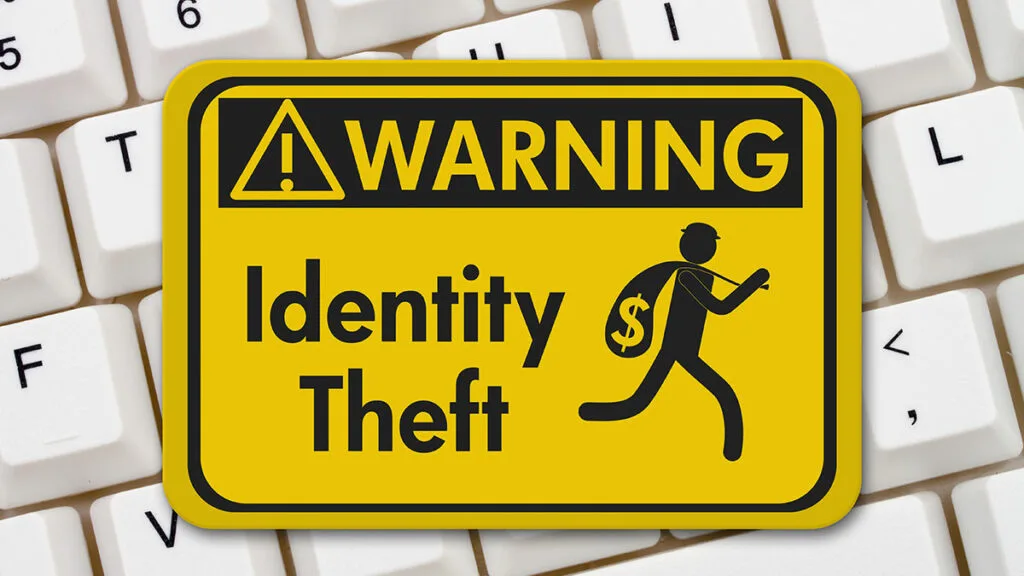What is a Judgment Lien

If you’re facing a legal judgment, you may have heard the term “judgment lien” thrown around. But what exactly is a judgment lien, and how does it affect you? In this post, we’ll break down the basics of judgment liens and what they mean for your finances.
First, let’s define what a judgment is. A judgment is a court order that says one party owes money or some other form of compensation to another party. For example, if you were in a car accident and found liable for damages, the other driver may sue you for the cost of repairs. If the court rules in their favor, you’ll be ordered to pay them that money.
So what’s a judgment lien? Simply put, a judgment lien is a legal claim against your property. Once a court has issued a judgment against you, the other party (known as the judgment creditor) can file a lien on your property, such as your home or car. This lien essentially makes the creditor a secured creditor, meaning they have the right to seize your property if you don’t pay the judgment debt.
In most states, a judgment lien is automatically created when a court issues a judgment against you. However, in some states, the creditor must file a separate document with the court to create the lien.
It’s important to note that a judgment lien only applies to the property you currently own, not any property you may acquire in the future. For example, if the lien is on your home, the creditor can’t take possession of any future homes you may buy. Additionally, some types of property may be exempt from liens, such as certain retirement accounts or tools of the trade for self-employed individuals.
So what can you do if you have a judgment lien against your property? Your options may vary depending on your state and the specific circumstances of your case, but here are a few possibilities:
Pay the judgment in full: If you can afford it, paying the judgment in full will release the lien from your property.
Negotiate a settlement: Depending on your financial situation, you may be able to negotiate a lower amount with the judgment creditor.
File for bankruptcy: Filing for bankruptcy can help discharge some types of debt and prevent creditors from seizing your property. However, bankruptcy is a serious decision with long-term consequences, so it’s important to consult with a bankruptcy attorney before taking this step.
In conclusion, a judgment lien is a legal claim against your property that can result from a court-issued judgment. While a lien can be a serious financial burden, there are ways to address it and protect your property. If you’re facing a judgment lien, it’s important to seek the guidance of a qualified attorney who can help you navigate your options.



